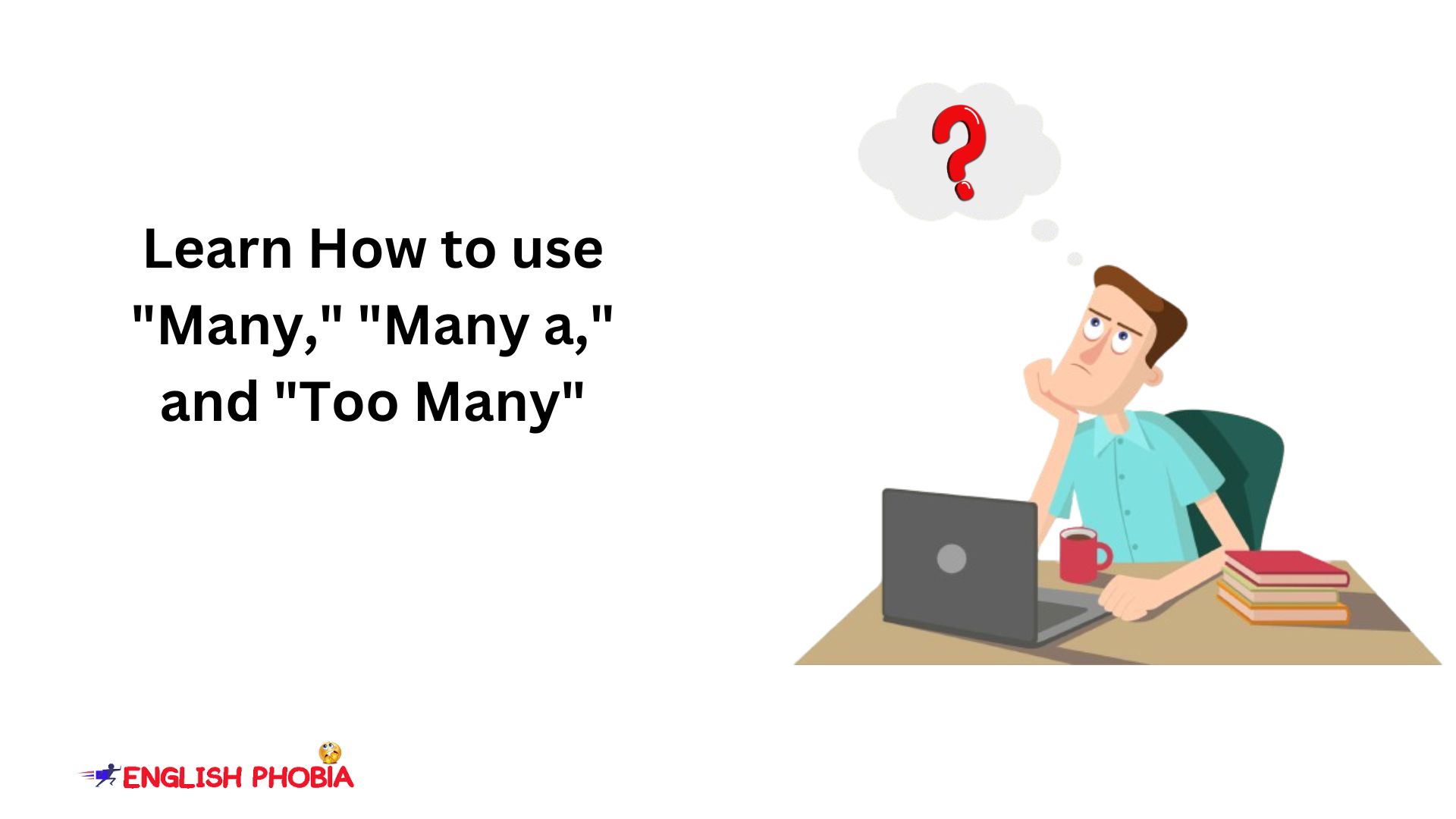In this blog, there are 5 left-out pronouns with detailed explanation with examples for each one given separately. It was very difficult to define all the types together hence it was divided into two parts.
We will be covering these five types of pronouns.
|
Indefinite Pronoun |
|
Emphatic pronoun |
|
Relative Pronoun |
|
Possessive Pronoun |
|
Distributive Pronoun |
Indefinite Pronoun
This type of Pronoun doesn’t specify any special person or thing. These are commonly used in English.
|
Everybody |
Anybody |
Nobody |
|
Everything |
Anything |
Nothing |
|
No |
Both |
Somebody |
|
Something |
All |
Some |
|
Few |
Little |
Any |
|
Some |
Something |
Much |
|
Others |
One |
|
The above table shows the indefinite pronouns. There are examples given for each pronoun word to understand it more clearly.
Everybody
Everybody wants to be happy in this despondent world.
Everybody needs to be vaccinated to get rid of this Coronavirus.
Anybody
Anybody can learn English.
Anybody will solve this type of puzzle in a few seconds.
Nobody (it is used in negative expressions no need to use Not)
Nobody knows the future.
Can nobody find the final remedy for this Coronavirus?
Everything
Everything will be all right very soon.
Everything needs to be clearly explained before we take any final decision.
Anything
Will anything ever replace Petrol?
Anything can happen anywhere anytime.
No one
No one deserves the world.
No one cares about your tears, it is better to keep a smile.
Both
Both are available ice cream and cakes.
Both of them should be treated equally in all aspects.
All
All is well here.
All want to be rich but nobody wants to work for it.
One must stick to one’s words.
Many of our relatives try to intervene in our personal affairs.
Only little has changed with time.
Emphatic Pronouns
Subjective case |
Emphatic Pronoun |
|
I |
Myself |
|
We |
Ourselves |
You |
Yourself/Yourselves |
|
They |
Themselves |
|
She |
Herself |
|
He |
Himself |
|
It |
Itself |
The emphatic pronoun comes just after the subject if it is used at the last of a sentence then it is a reflexive pronoun.
Let’s look at examples.
I, myself will answer to the world. (Emphatic)
I will answer the world myself. (Reflexive)
Myself
I myself can change my way of working which none else can do.
I myself wrote this blog without any problem.
Ourselves
We ourselves have created a lot of problems in our life.
Yourself / Yourselves
You yourself are the driver of your life, take it wherever you want.
You yourselves have to complete this task and submit it individually.
Themselves
Ramu and his brother, themselves killed.
They themselves decided to go to the U.S.A one day.
Herself
Mother herself can take all the responsibilities of her children.
The princess of Jhansi devoted herself for the sake of her empire.
Himself
The god himself created the world with both negative and positive aspects.
Relative Pronoun
The relative pronouns help you make longer sentences that describe the relation with an antecedent part. There are some words that let us do it easily. Let’s learn them with the help of examples.
Relative Pronoun |
||
|
Who |
Whose |
Whom |
|
Which |
Where |
How |
|
What |
When |
Why |
Types of Relative Pronouns
· Continuatve
· Restrictive
Continuative: this type of relative pronoun doesn’t specify the antecedent noun in the sentences.
Restrictive: This type of relative pronoun specifies the noun’s qualities.
Continuative
Who
Everyone knows who can better understand himself.
I saw a man who was doing unbelievable fits in the circus.
I have many friends who directly have access to the PMO.
Whose
I really like the girls whose thoughts can transform your way of thinking.
All look for a person whose arrival in their life can disappear their despondency permanently.
Whom
The person with whom you traveled on the train has come to see you off at the station.
I apologized to a girl for my repulsive behavior whom I had defied in front of her husband.
What
A fastidious man asked a saint what makes one happy.
I did what I dreamed of a few years ago.
When
I don’t exactly know when her work is finished
They wait for a moment when they gather
annually to celebrate their father’s birthday.
Why
I still don’t know the reason why people
can’t a girl and a boy equally.
He wrote me an apology and mentioned his absence from the class.
Which
Could you please tell me the way would take me to the bus stop?
She herself writes articles that get the audience’s appreciation substantially.
How
Suggest to me some steps on how we can work as a team.
She narrated to me the whole story of how she came to London.
Possessive Pronoun
|
Possessive Pronoun |
||||
First Person |
I |
My + noun |
Mine |
|
|
|
|
We |
Our + noun |
Ours |
|
|
|
|
|
|
|
Second |
You |
Your+noun |
Yours |
|
|
|
|
|
|
|
|
|
|
They |
Their+ noun |
Theirs |
|
Third |
She |
Her+noun |
Hers |
|
|
He |
His + noun |
His |
||
Where we use a possessive pronoun, make sure the noun is absent otherwise else it will be wrong. As we read the definition of the pronoun it replaces the noun in the sentence.
Mine
My friends bought the shoes as mine. A friend of mine comes tomorrow to see me after a long time.
Ours
This decision should be ours either to continue working on this project or to leave it.
Yours
Everything which is yours belongs to me as
well.
I also wish to have my hair cut as yours.
Hers
This colorful toy is hers.
His
This decision was his to go and wish our friend on his birthday at 12 sharp surprisingly.
Distributive Pronouns
Distributive pronouns are used for every
single person and thing.
|
Distributive Pronoun |
|
|
Either |
Neither |
|
Each |
Any |
|
None |
|
He couldn’t solve either of these two puzzles.
Neither of the answers is correct for this question.
Each came with his parents to the P.T.M.
None is allowed inside without valid permission.
Any of my friends don’t work in a government department.
Note: Either and Neither are used only two.
These all words take verbs as a singular subject.
Any is used for more than 2.
If you still have any doubts, comment us know below. Hope you enjoyed learning the facts about Pronouns. Continue your learning and learn something new here.












One thought on “5 Super Useful Tips to Improve Pronoun and Types”